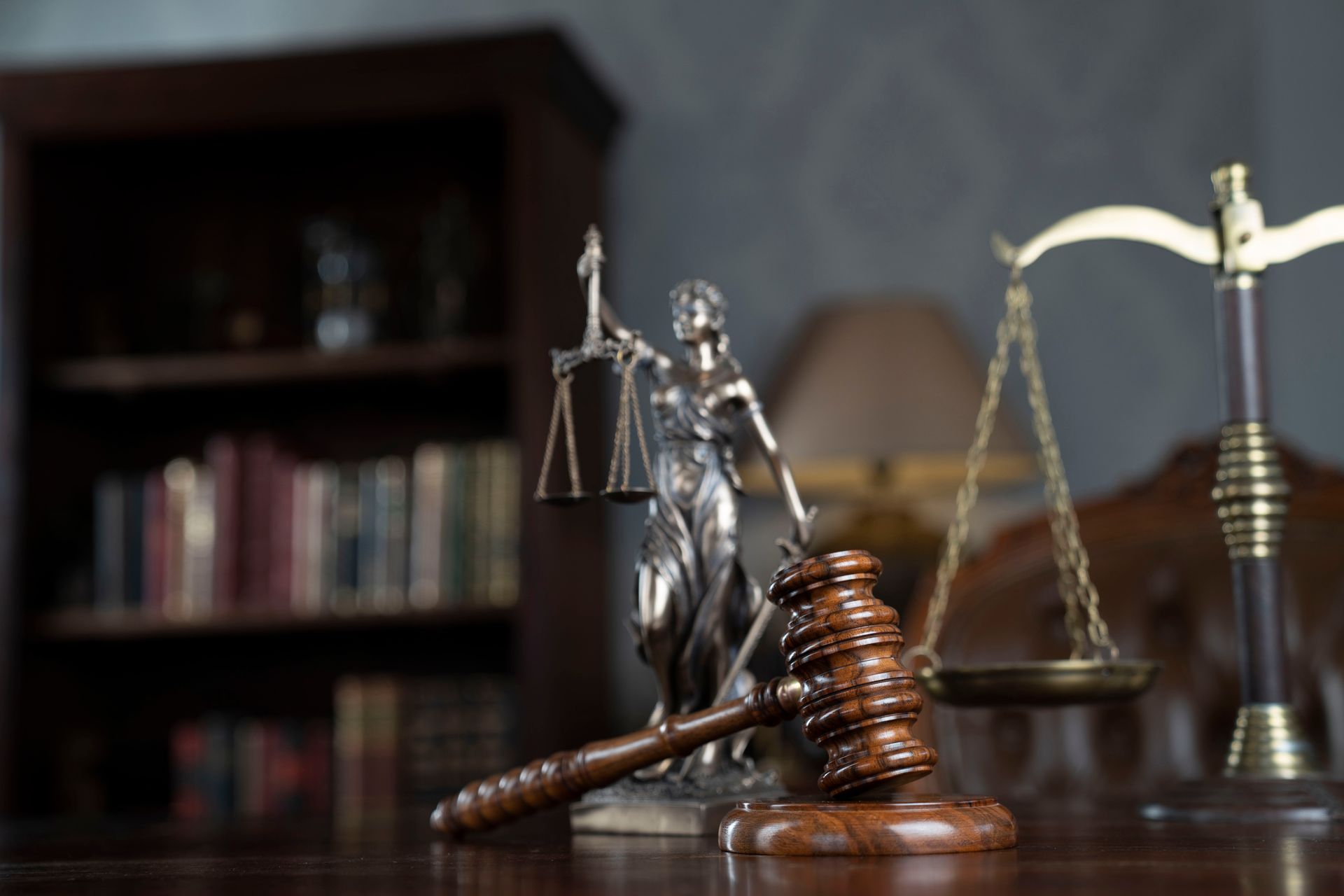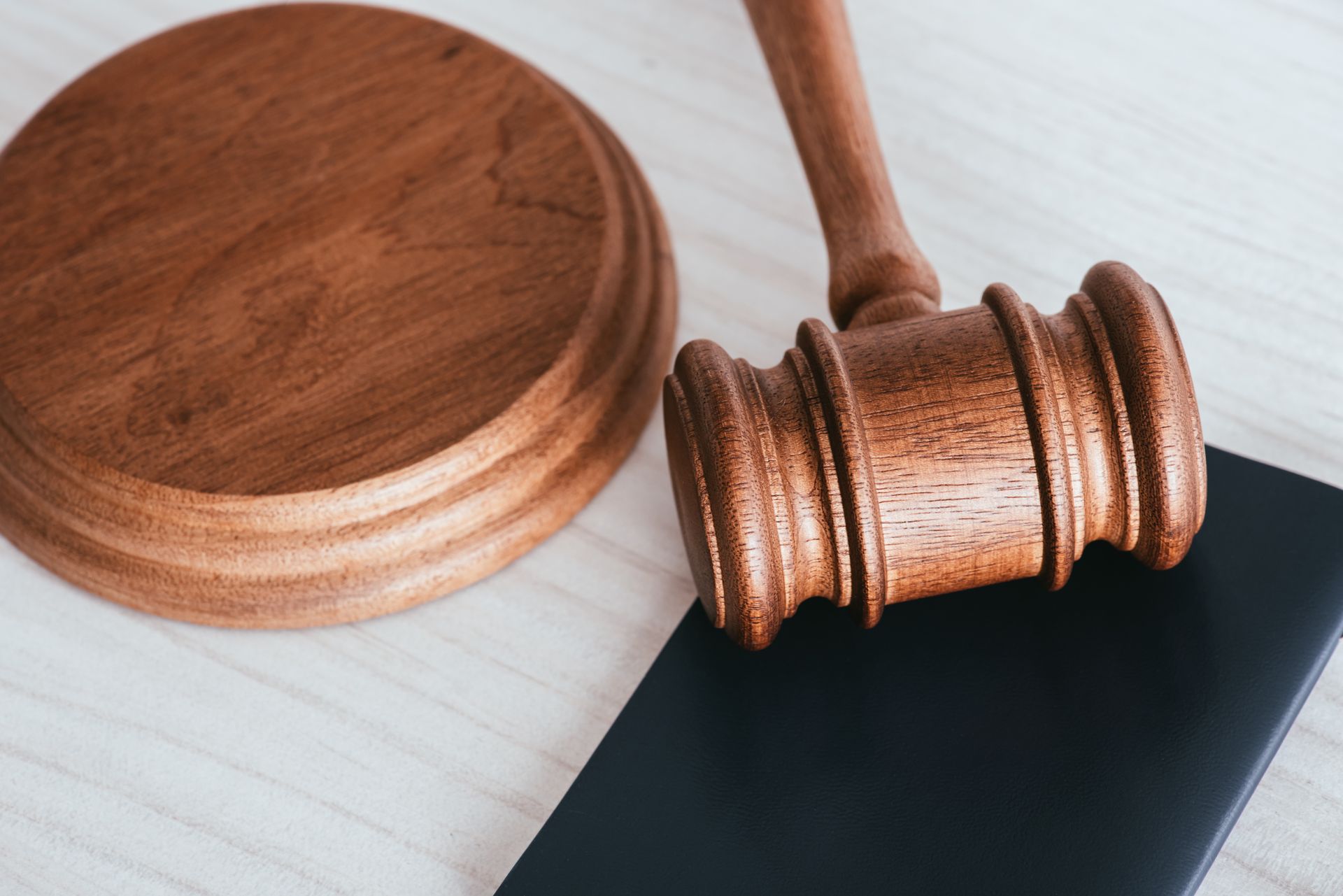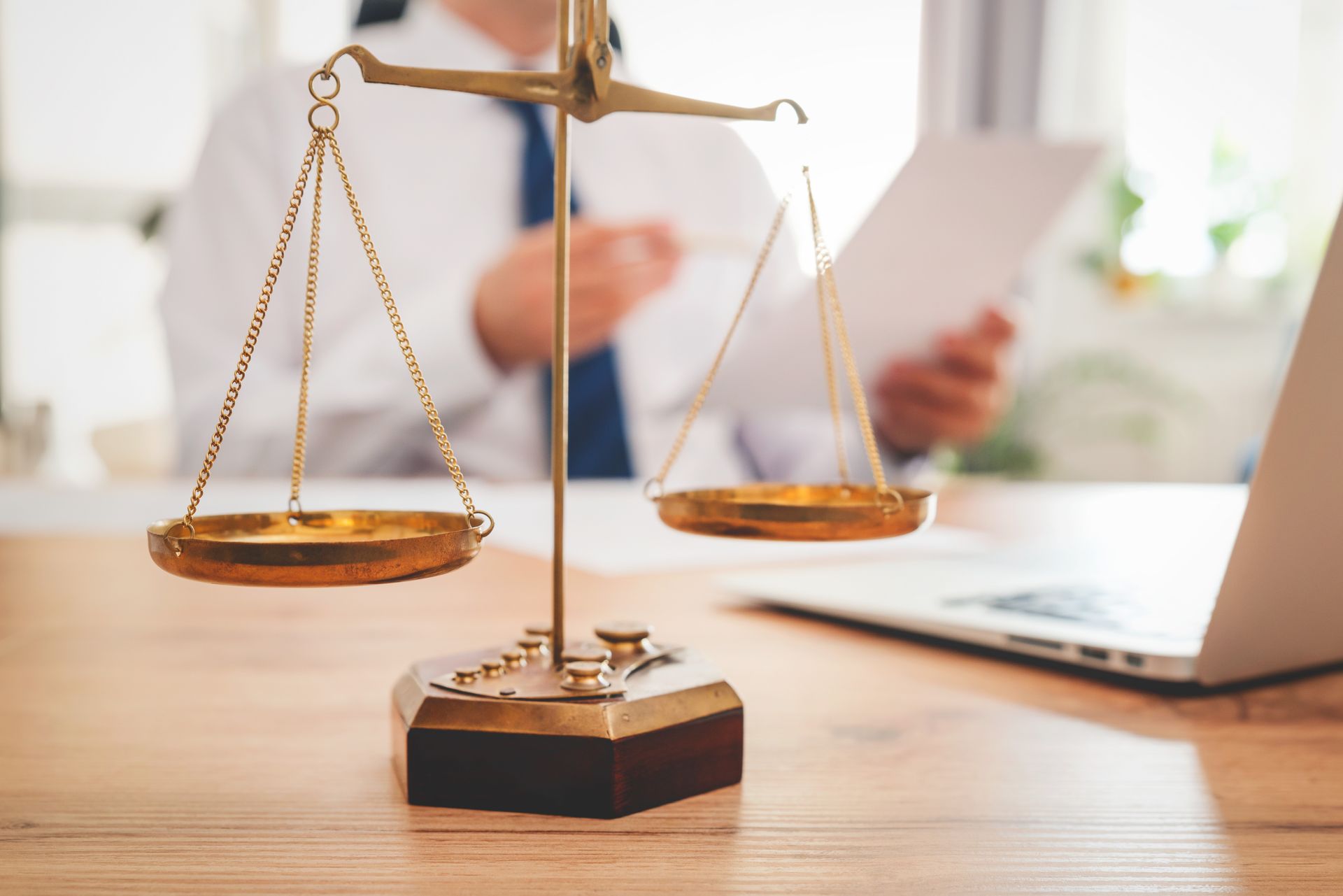Our Legal Blog
Your Resource For Legal Information

Semi Truck Driver Fatigue Causing an Accident: The Role of Log Books and Personal Injury in New York







Contact us now!
By submitting this form, you agree to be contacted by our law firm, either by phone, text or by email.
Disclaimer: The information on this website is for general information purposes only. Nothing on this site should be taken as legal advice for any individual case or situation. This information is not intended to create, and receipt or viewing does not constitute an attorney-client relationship.
All Rights Reserved | Sayegh & Sayegh, P.C. | Powered By Convert It Marketing | Privacy Policy
All Rights Reserved | Sayegh & Sayegh, P.C. | Powered By Convert It Marketing | Privacy Policy